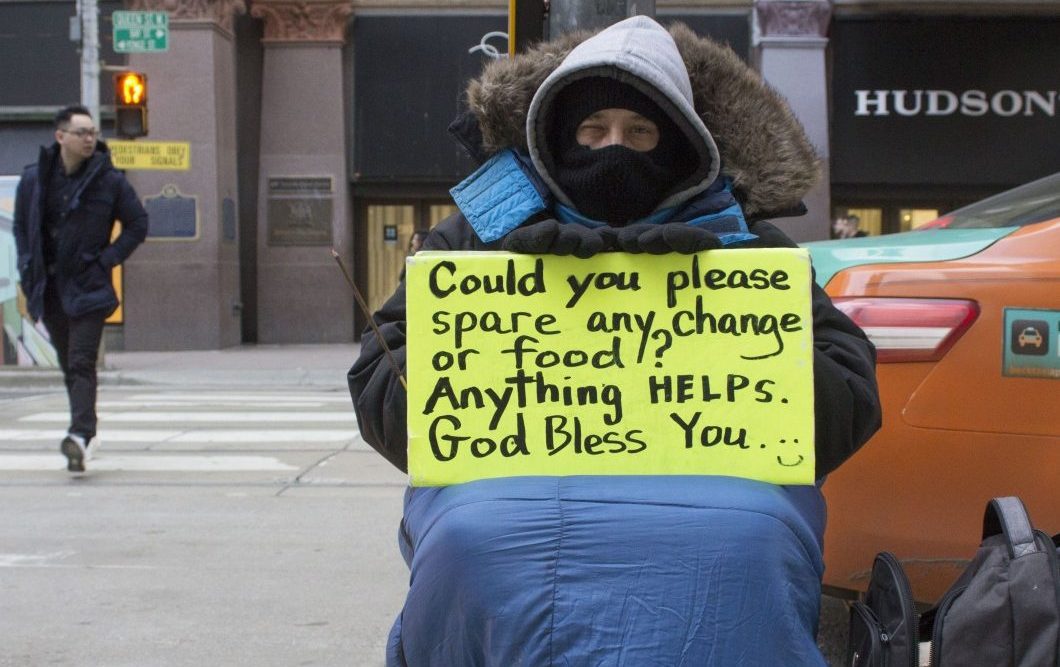Toronto is working to obtain accurate data on the number of homeless deaths outside of city shelters.
As of Jan. 1, Toronto Public Health have officially began to track homeless deaths that occur on the streets.
Driven by Scarborough East councillor Paul Ainslie, the motion passed in April. Data collection aims to gain a better understanding of the issues surrounding homelessness.
“No one should be living on the streets of Toronto,” Ainslie said. “We should be doing everything we can to find people a proper place to home.”
Ainslie’s inspiration for the program comes from a Toronto Star article on a homeless man who collapsed near a downtown hotel.
Autopsies rarely conducted for street deaths
Ainslie says when entering a shelter a person is registered to identify next of kin. Autopsies and police involvement are conducted for shelter deaths but not always for those that occur outside of shelters.
“The same process isn’t done. I think it is wrong and needs to be changed. We have to be looking at what we can do better.”
Such efforts were made by the city in the past, such as the Toronto Indigent Death Enquiry ending in 2007.
Whether a person dies on the streets of Toronto from health issues, an escalated confrontation or from weather conditions, the program aims to improve and develop policy to better tackle inequalities.
“There are people living on the streets who are not comfortable living in a shelter,” Ainslie said. “We need to find them adequate housing and we need the provincial and federal government’s support,”
Beaches East York councillor Janet Davis added, “Shelters are near capacity and there is not enough space to meet the need.”
Davis and Ainslie said this isn’t isolated as a Toronto problem but a national one in terms of the issue of affordable housing.
“People will never regain their independence until they are permanently housed. People need a roof over their head that is consistent, stable and safe,” Davis said.
Toronto Public Health will work with 200 agencies to collect and analyze the data. This includes unofficial cause of death, gender, age and the individual’s history of homelessness.
Reports will be available early 2018.

